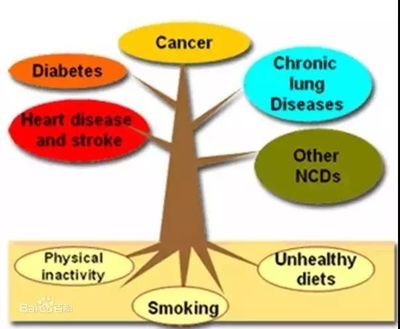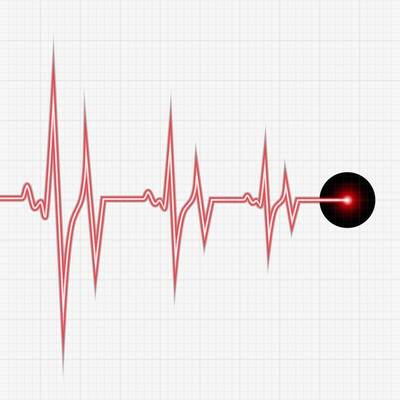
Does Vitamin D Deficiency Worsen Pediatric Obstructive Sleep Apnea?
TOPLINE:
Vitamin D deficiency is common in children with severe obstructive sleep apnea (OSA) and is associated with increased OSA severity. Lower serum 25-hydroxyvitamin D levels correlate with higher obstructive Apnea-Hypopnea Index (AHI) scores.
METHODOLOGY:
- Researchers conducted a cross-sectional study involving 72 children aged 2-16 years with severe OSA undergoing adenotonsillectomy.
- Participants were recruited from a tertiary care pediatric otolaryngology clinic in Norfolk, Virginia, over a 5-year period from 2017 to 2022.
- Serum 25-hydroxyvitamin D levels were measured, with vitamin D deficiency defined as levels < 20 ng/mL.
- Polysomnography metrics, including the obstructive AHI, were assessed for correlation with vitamin D levels.
- Data were analyzed from September 3, 2021, to October 8, 2021, using a generalized linear model and multivariable linear regression.
TAKEAWAY:
- Vitamin D deficiency was present in 37.5% of the 72 participants (mean age, 6.7 years).
- In a univariate analysis, vitamin D deficiency was associated with younger age, Black race, female sex, and higher obstructive AHI (mean difference, 0.7).
- A 1.0-unit decrease in serum 25-hydroxyvitamin D levels was associated with an AHI increase of 0.7.
- Multivariable analysis confirmed that vitamin D deficiency remained significantly associated with higher obstructive AHI.
IN PRACTICE:
“One potential association between vitamin D status and OSA involves the role that vitamin D plays in immunomodulation and tissue growth. Vitamin D has been shown to play an anti-inflammatory role in its modulation of cytokine production and has additionally been reported to affect differentiation of macrophages and monocytes. Low vitamin D levels may increase the risk for OSA by promoting adenotonsillar hypertrophy and chronic rhinitis,” the authors of the study wrote.
SOURCE:
This study was led by Andrew E. Bluher, MD, Nemours Children’s Hospital in Wilmington, Delaware, and Cristina M. Baldassari, MD, Eastern Virginia Medical School in Norfolk, Virginia. It was published online on October 31 in JAMA Otolaryngology–Head & Neck Surgery.
LIMITATIONS:
The primary outcome measure, baseline vitamin D level, represents a point-in-time estimation, which limited the assessment of the duration of vitamin D deficiency. The study did not assess post-adenotonsillectomy serum 25-hydroxyvitamin D levels, making it unclear whether these levels change after OSA treatment. The study’s design precluded drawing definitive conclusions that vitamin D deficiency causes OSA. The findings may not be generalizable to children with milder sleep-disordered breathing.
DISCLOSURES:
Baldassari reported personal fees from Nyxoah outside the submitted work. The study was supported by a MEDARVA Foundation resident research grant. Additional disclosures are noted in the original article.
This article was created using several editorial tools, including AI, as part of the process. Human editors reviewed this content before publication.




